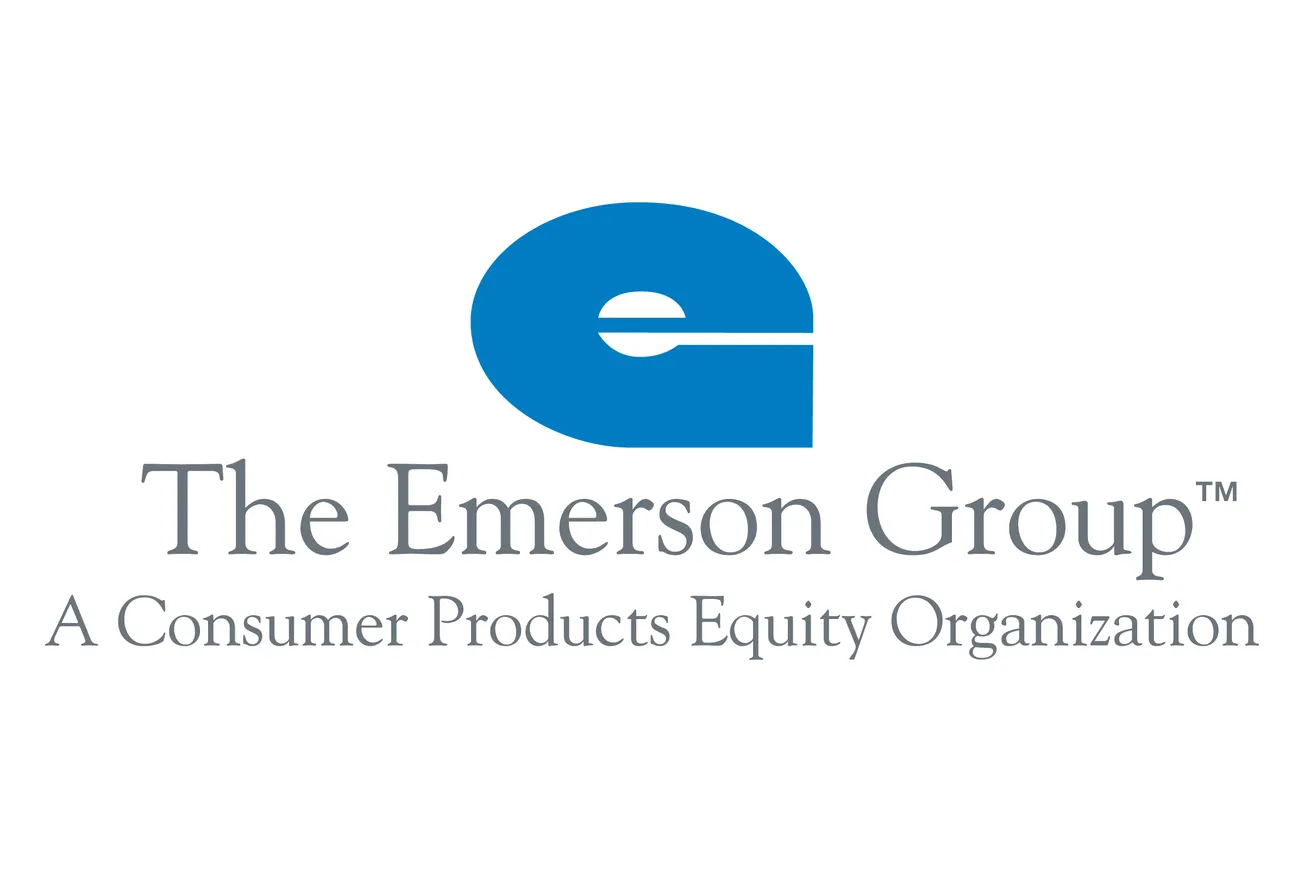Chain drug store operators and other mass market retailers are confronted with a long list of complex issues today that bear not only on the success of their businesses but on the well-being of their customers and the communities they serve. In addition to the central retail questions about what products and services to offer, how to present them to consumers, and pricing, retailers are asked to weigh in and influence behavior related to everything from what ingredients go into products and minimum wage policies to tobacco use and gun violence.
While there is room to argue about the degree to which retailers should be asked to address problems that were once left to legislators and other government officials, in the age of social media companies of all kinds are closely scrutinized for their stance on a wide range of issues. The Business Roundtable, a group of CEOs from major U.S. corporations, recently acknowledged that reality when it released a statement signed by 181 of its members that asserts it is incumbent upon businesses to take into account the needs of customers, workers, suppliers and communities, as well as shareholders, when important decisions are made.
Not all business leaders buy into the idea that companies need to engage with broad societal problems, but increasingly those issues are showing up on their doorstep. Climate change and sustainability are at the top of the list of inescapable challenges.
Many mass market retailers have taken some steps to reduce the impact of their operations on the environment. But such measures as increasing energy efficiency and reducing waste have often been viewed through the lens of corporate social responsibility, rather than as a prerequisite for doing business. That perspective needs to change, as more and more customers are expressing concern about the environment and, in a growing number of cases, taking a company’s record on sustainability into consideration when they decide where to shop.
If customer attitudes aren’t enough to convince business leaders, perhaps nature will. The scientific evidence pointing to potentially catastrophic climate change, which is already overwhelming, continues to mount. The United Nations’ Intergovernmental Panel on Climate Change issued a report late last month that highlights one important aspect of the problem. The group of scientists found that global warming caused by greenhouse gas emissions, if left unchecked at current levels, will result in further melting of ice sheets and rising sea levels, creating serious problems for the 1.35 billion people who live in low-lying coastal areas, high mountain regions and the Arctic.
At first glance, all of that may seem a long way from the business of drug chains and other mass retailers. But when one considers how many stores and other assets they maintain in areas prone to flooding, including such major markets as Miami, Houston, New Orleans and parts of greater New York, their exposure to the impacts of climate change — including severe storms, heat waves, wild fires and drought, as well as flooding — quickly comes into focus.
Greater instability and variability in the ecosystem means that retailers have no choice but to pay more attention to where and how they build stores; plans to protect associates and customers in the event of severe weather; and the integrity of the supply chain. In addition, retailers, particularly pharmacies and supermarkets, are now called on to play a pivotal role to help communities recover in the wake of natural disasters. In recent years, CVS Health, to cite just one example, has deployed mobile units to dispense prescription medications in affected communities following severe storms and floods, and Walmart’s supply chain has proven more resilient and effective than those of governmental agencies.
The results of climate change are clearly an issue that major retailers must be prepared to address — in terms of both their readiness to respond to specific events that affect people in the communities where they do business and what they can do to cut greenhouse gas emissions, cooperate with business partners to reduce waste, and help create an environment that’s conducive to the health and well-being of associates, customers and other people.
For companies that haven’t already done so, it’s time to give sustainability and climate change a central place in the strategic planning process. Failure to do so will not only hamper the essential effort to stave off further damage to the environment but threaten their own long-term viability.







